Being a healthcare provider has never been easy. Even before the COVID-19 pandemic, healthcare workforce were facing epidemic levels of overwork and burnout, due both to a pervasive and intensifying shortage of healthcare providers and a surge in demand due to the aging of the population.
Today, however, the virus continues to pose a threat. Healthcare workforce contend with a patient population that is older, sicker, and more anxious than before. At the same time, the healthcare provider shortage continues to worsen, due principally to losses deriving from pandemic-related early retirements and departures.
All this means that healthcare workers are facing greater stress than perhaps ever before. To mitigate the risk of overwork and burnout, healthcare workers must prioritize their health and stamina. Fortunately, today’s healthcare workers have more and better tools than ever before to help them in this effort.
This article explores how healthcare workers can use technology to manage their energy levels in these challenging times.
Health Trackers
Healthcare professionals understand perhaps better than anyone the crucial role that lifestyle plays in overall health in general and stamina in particular. Indeed, without making a clear and concerted effort to attend to your physical, mental, and spiritual needs, it’s nearly impossible to muster the inner resources you need to remain energized throughout the entire day.
This means, for instance, that your ability to manage your energy levels is predicated on consuming the right nutrients, keeping hydrated, getting quality sleep, and remaining physically active.
Unfortunately, when you’re a healthcare worker faced with long shifts and workdays where the demand on your time and attention never seems to end, it can be easy to forget to attend to your own health. Health trackers, though, can be invaluable in keeping a watch on your diet, your hydration, and your rest and activity patterns.
You can use these tools, for example, to set reminders to eat and drink. This will help boost your energy levels by ensuring that your body is receiving the nutrition and hydration it needs to function optimally, especially during high-stress, high-demand work hours.
Another important benefit of health tracking technology is the capacity to evaluate the quality of your sleep. With a simple smartphone app, wearable device, or bedside monitor, you can track your sleep patterns, including documenting how many times you are waking in the night without you realizing it.
Once you understand how well (or how badly) you’re sleeping, you can take steps to improve your sleep hygiene, such as setting your bedroom to a cooler temperature, using light and noise-blocking drapes, and turning off blue light-emitting electronic devices at least two hours before sleep. These steps may well be the most important and effective thing you can do to avoid the mid-afternoon slump while at work.
Relaxation and Meditation Tools
Technology doesn’t just help healthcare providers manage their energy levels by tracking their health, it can also help them improve their health. Stress, of course, is the nature of the game for healthcare professionals. This can rapidly deplete your energy due to the draining effects of stress-related anxiety and depression.
The good news is that a host of technologies, including an array of smartphone apps and wearable health monitors, can help you manage your stress and, in turn, your energy levels. For example, meditation apps can help guide you through the process of recentering, refocusing, and calming the mind and body.
Similarly, biofeedback devices can help you recognize when your body is in a highly fatiguing state of hyperarousal. This provides you with the opportunity to use a variety of calming techniques, including slow breathing and progressive muscle relaxation. With these devices, you will know immediately when your relaxation efforts are working and when you may need to take a new tack in calming your nerves and preserving and restoring your energy.
The Takeaway
It’s a particularly challenging time to be a healthcare provider. Fortunately, new and innovative technologies are emerging each day to help these essential workers better manage their energy levels and potentially avoid illness, overwork, and burnout.




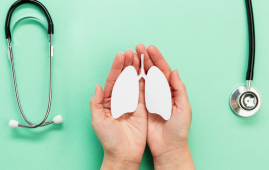
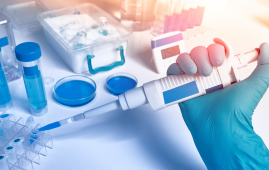
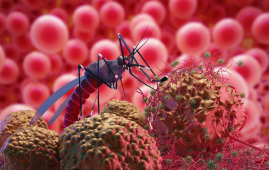
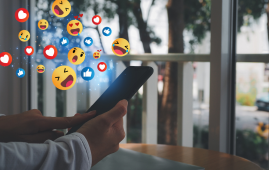


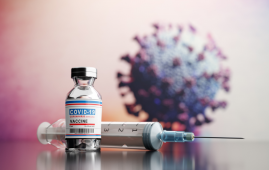
Leave a Comment